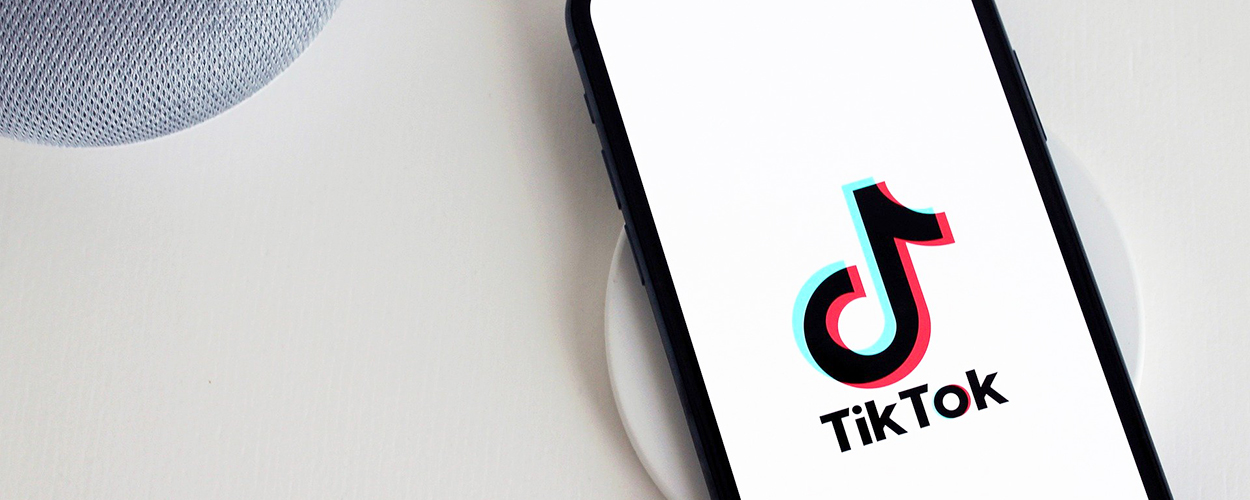This website uses cookies so that we can provide you with the best user experience possible. Cookie information is stored in your browser and performs functions such as recognising you when you return to our website and helping our team to understand which sections of the website you find most interesting and useful.
Business News Digital Legal
Donald Trump says he’ll only approve TikTok deal if Oracle is in control of the app
By Chris Cooke | Published on Tuesday 22 September 2020

The TikTok saga in the US continues to twist and turn, with Donald Trump now saying that he could as yet scupper the deal designed to halt the President’s executive order banning use of the video-sharing app within America.
That deal aims to allay concerns in Washington that, because TikTok is owned by Chinese company Bytedance, the Chinese government has access to the app’s global audience and user-data.
Crucial to the plan is a new partnership with US technology firm Oracle, which will take a stake in and provide services to a TikTok Global company which will, in turn, operate the TikTok app on a global basis (excluding China, where the app operates as Douyin).
Given that some expected TikTok to seek to halt Trump’s big ban by spinning off its US operations entirely to a new company wholly owned by US investors, the deal it has done with Oracle isn’t actually that radical.
Bytedance will continue to own 80% of TikTok Global, while the core technology and algorithm that drives the TikTok experience will remain owned by the main Bytedance company.
However, TikTok points out that 40% of the main Bytedance company is owned by US investors anyway. With the likes of Oracle and Walmart taking the other 20% of the TikTok Global company, technically that business will be more than 50% owned by non-Chinese institutions. Plus the plan is to IPO the TikTok Global company within a year and that will happen on a US stock exchange.
Both Bytedance and Oracle also stress that by having Oracle get involved on the technology side, it – a good old fashioned American business headed up by a Trump supporter – will ensure that the pesky Chinese government doesn’t have any access to American users or user-data.
At the weekend Trump said that the proposed deal had his blessing and officials in the US commerce department postponed the aforementioned ban, which was due to kick in on Sunday.
However, some confusion seems to remain as to the specifics of the deal, and how much control Bytedance and Oracle will respectively have over the TikTok business in the US in terms of operational and management decision making.
Keen to stress that by blessing TikTok’s proposal he’s not kowtowing to the Chinese government, Trump yesterday told Fox News that under the proposed arrangement Bytedance will “have nothing to do” with TikTok in the US, adding “and if they do, we just won’t make the deal”.
He went on: “It’s going to be controlled, totally controlled by Oracle, and I guess they’re going public and they’re buying out the rest of it – they’re buying out a lot, and if we find that they don’t have total control then we’re not going to approve the deal”.
It has to be said, the arrangement described by Bytedance last week does not make it sound like Oracle will have “total control” over TikTok in the US.
And while “total control” is possibly slightly open to interpretation, Bytedance is in the challenging position that it can’t even really spin the proposed deal in a way that makes it sound like it meets Trump’s “total control” demand, because of political pressure back home in China.
As it is, some experts reckon the Chinese government could seek to block what was proposed last week. Hu Xijin, editor-in-chief of the China state-affiliated Global Times, has tweeted that such a block could be instigated by political leaders in the country because what has been proposed “would endanger China’s national security, interests and dignity”.
So that’s all good fun, isn’t it? And while the political negotiations continue in Washington and Beijing to try to win approval for the big TikTok Global proposal, Bytedance’s lawyers in the US are still going through the motions to try to have Trump’s TikTok-banning executive order overturned on legal and constitutional grounds.
Bytedance and TikTok first filed legal papers against the executive order with the federal courts in California last month. But last week that litigation was shifted to the federal courts in Washington DC, with new papers filed with the courts there and then the case in California subsequently dismissed.





